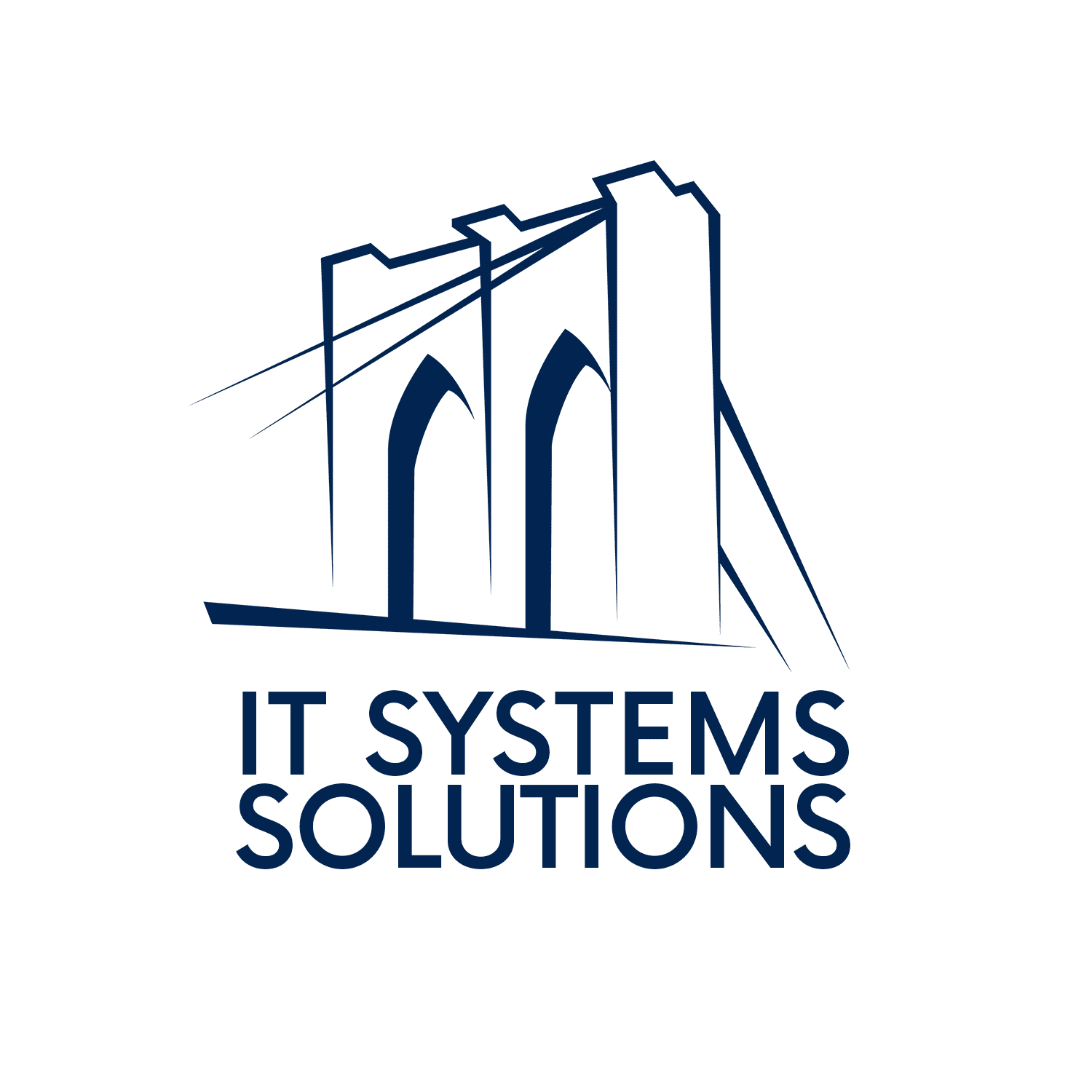A revolutionary solution that has transformed the landscape of computing is cloud computing. With its unparalleled flexibility, scalability, and cost-effectiveness, cloud computing has become the cornerstone of modern business operations.
- Scalability and Flexibility
One of the most significant advantages of cloud computing is its scalability and flexibility. Unlike traditional on-premises infrastructure, where resources are finite and often underutilized, cloud computing allows businesses to scale their computing resources up or down on-demand. Whether it’s adjusting storage capacity, processing power, or bandwidth, cloud computing provides the agility to respond to fluctuating business needs in real-time. This empowers businesses to optimize their IT infrastructure for peak performance while minimizing costs.
- Cost Efficiency
Cost efficiency is another major benefit of cloud computing. By eliminating the need for upfront capital investment in hardware and infrastructure, cloud computing offers a pay-as-you-go model that aligns costs with usage. Businesses can avoid the hefty expenses associated with purchasing, maintaining, and upgrading hardware, as well as the overhead costs of data center management.
- Enhanced Collaboration and Accessibility
Cloud computing goes beyond geographical boundaries, enabling seamless collaboration and accessibility across distributed teams. With cloud-based productivity tools and applications, employees can collaborate in real-time, regardless of location. This accessibility enables greater productivity, innovation, and teamwork, as employees can securely access, share, and collaborate on documents and projects from any internet-enabled device. Additionally, cloud computing facilitates remote work, enabling businesses to tap into a global talent pool and adapt to evolving work dynamics.
- Improved Security and Reliability
Contrary to common misconceptions, cloud computing offers robust security and reliability measures that surpass those of traditional on-premises solutions. Cloud service providers employ state-of-the-art security protocols, encryption techniques, and data redundancy measures to safeguard against cyber threats, data breaches, and system failures. By entrusting data storage and management to reputable cloud providers, businesses can mitigate risks, enhance data protection, and ensure business continuity even in the face of unforeseen disruptions.
- Innovation and Competitive Advantage
Cloud computing serves as a catalyst for innovation, empowering businesses to experiment, iterate, and deploy new technologies rapidly. With cloud-native services such as machine learning, artificial intelligence, and Internet of Things (IoT), businesses can unlock new insights, automate processes, and deliver personalized experiences to customers. By harnessing the agility and scalability of cloud computing, businesses can stay agile, responsive, and competitive.
Cloud computing represents a paradigm shift in the way businesses approach IT infrastructure and operations. By harnessing the power of the cloud, businesses can unlock unparalleled scalability, flexibility, cost efficiency, and innovation. Whether optimizing resource utilization, fostering collaboration, or enhancing security, cloud computing offers many benefits that empower businesses to thrive. Interested in learning more? IT Systems Solutions is here to help.
